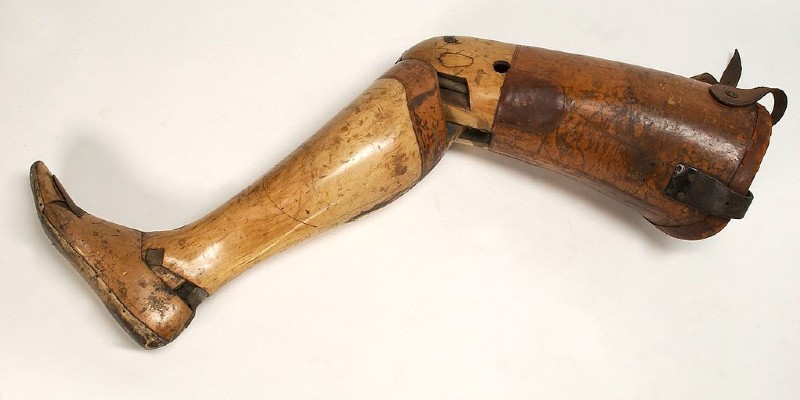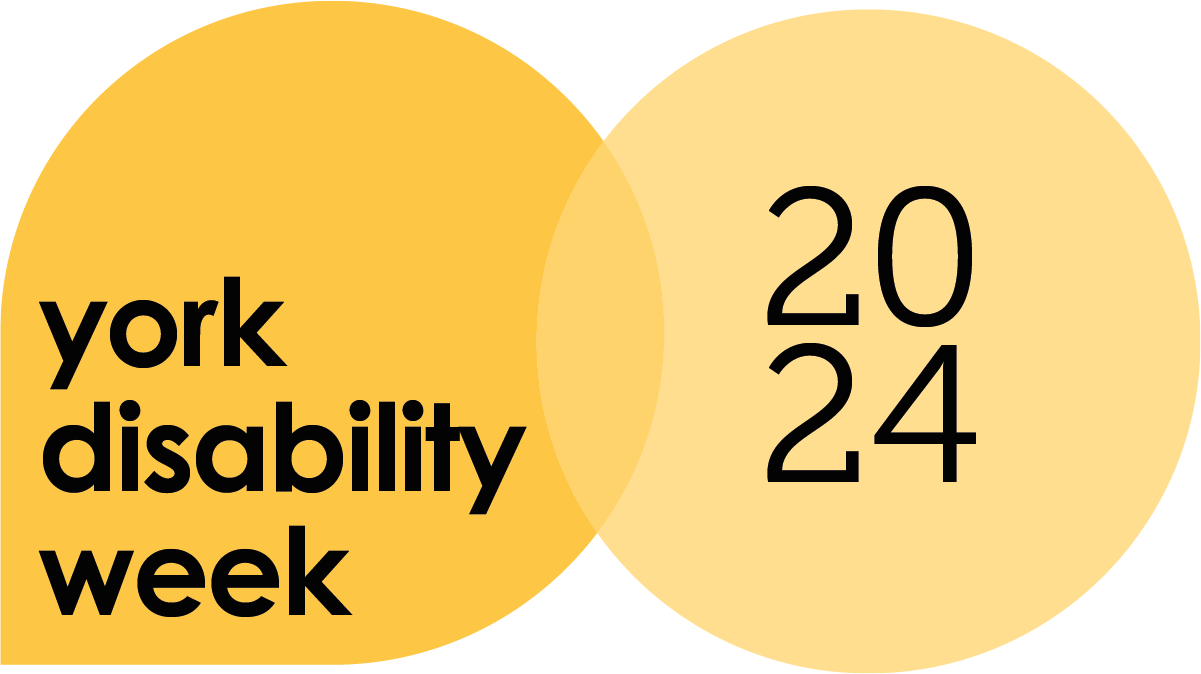
Prosthetics and Assistive Technology in Ancient Greece and Rome
This event has now finished.
Event details
York Disability Week Lecture
The world came together this summer to enjoy the Paralympics in Paris. Audiences cheered on Para athletes competing at the biggest sporting event on the planet, demonstrating their speed, strength and endurance. As well as athletic prowess, the games showcased cutting-edge innovation in specialised assistive technology, such as computer-aided design for customised fits, and intuitive interfaces between body and machine, revolutionising the way Para athletes interact with their environments.
But is all this entirely new? Throughout time humans have designed and innovated to create assistive technology to support disabled people, not only for sport, but in their day-to-day lives. Join us to hear Jane Draycott talk about the fascinating and long history of prosthetics and assistive technology in classical antiquity.
Jane will share her findings from literary, documentary, archaeological, and bioarchaeological evidence, painting us a picture of their importance for the lived experience of people with disabilities in classical antiquity.
Image credit: This file comes from Wellcome Images, a website operated by Wellcome Trust, a global charitable foundation based in the United Kingdom. CC BY 4.0, via Wikimedia Commons.
Find out more about York Disability Week.
About the speaker
Jane Draycott is Lecturer in Ancient History at the University of Glasgow. Her research investigates science, technology, and medicine in the ancient world. She has published extensively on the history and archaeology of medicine, impairment, and disability in the ancient world, including the monographs Roman Domestic Medical Practice in Central Italy from the Middle Republic to the Early Empire (2019) and Approaches to Healing in Roman Egypt (2012), and the edited volumes Prostheses in Antiquity (2019) and Bodies of Evidence: Ancient Anatomical Votives Past, Present and Future (2017).
Partners

